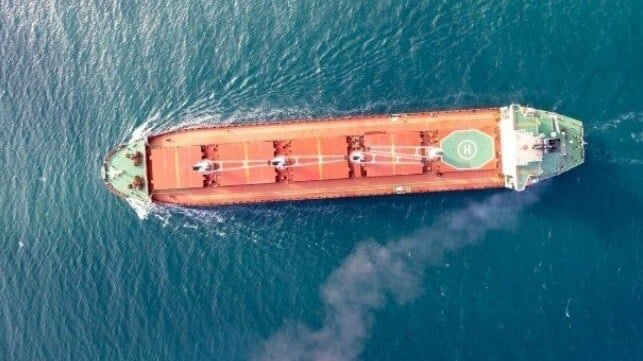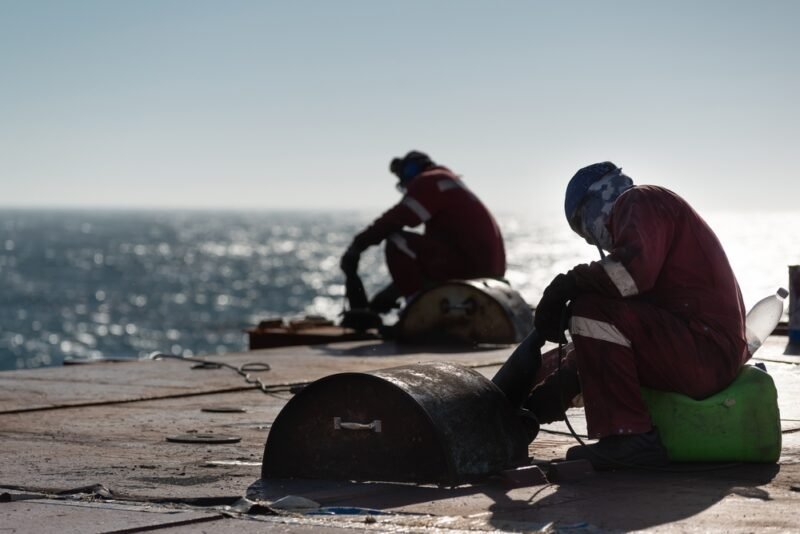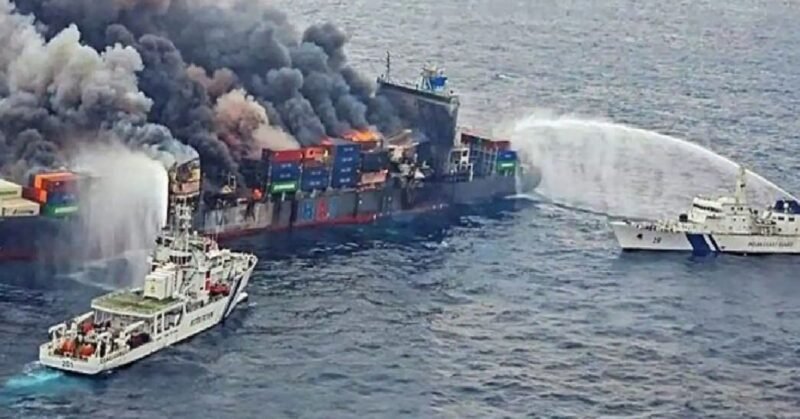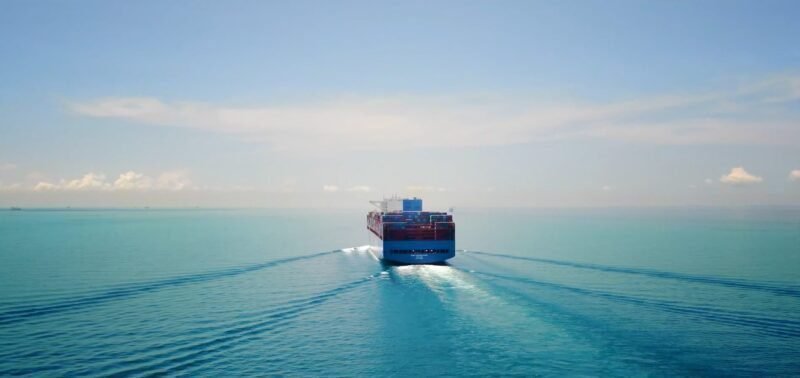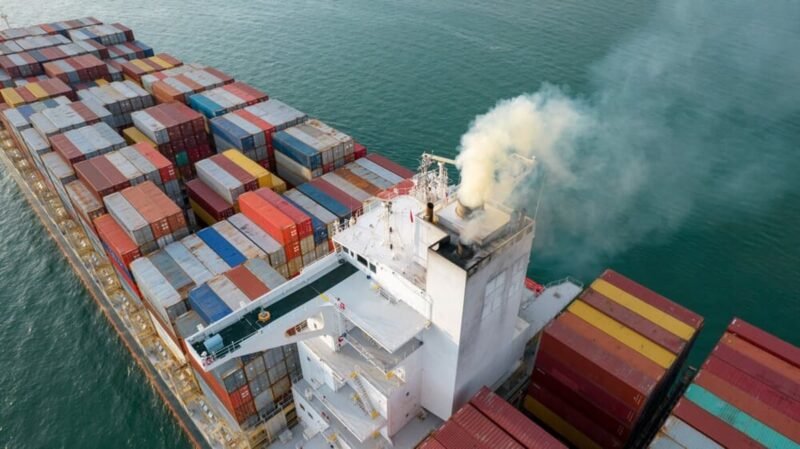The International Maritime Organization (IMO) is set to implement its Net-Zero Framework in 2027, pending adoption in 2025. This framework introduces a complex two-tier compliance system and differential pricing for “remedial units,” which will require close collaboration between shipowners and charterers. The demand for enhanced commercial and regulatory coordination is expected to reshape operational decision-making in the maritime industry.
Recent inquiries from clients reveal concerns about how this framework will interact with existing regulations, such as the EU Emissions Trading System (ETS) and the FuelEU Maritime regulation. Currently, the Net-Zero Framework is designed to supplement, not replace, these regulations, meaning that the existing obligations under EU law remain in effect. A crucial consideration will be whether the EU modifies its rules to align with the IMO framework to avoid regulatory conflicts.
The framework also encourages discussions on alternative fuels, including transitional technologies like LNG. This is significant for the LNG sector, which currently comprises a large portion of the alternative fuel-capable fleet. Continued recognition of LNG as a transitional fuel is vital for preserving its commercial value in a long-term investment landscape.
Overall, the IMO’s Net-Zero Framework is a pivotal step toward decarbonization, necessitating adaptability and collaboration within the industry amidst ongoing regulatory uncertainties.
Share it now


